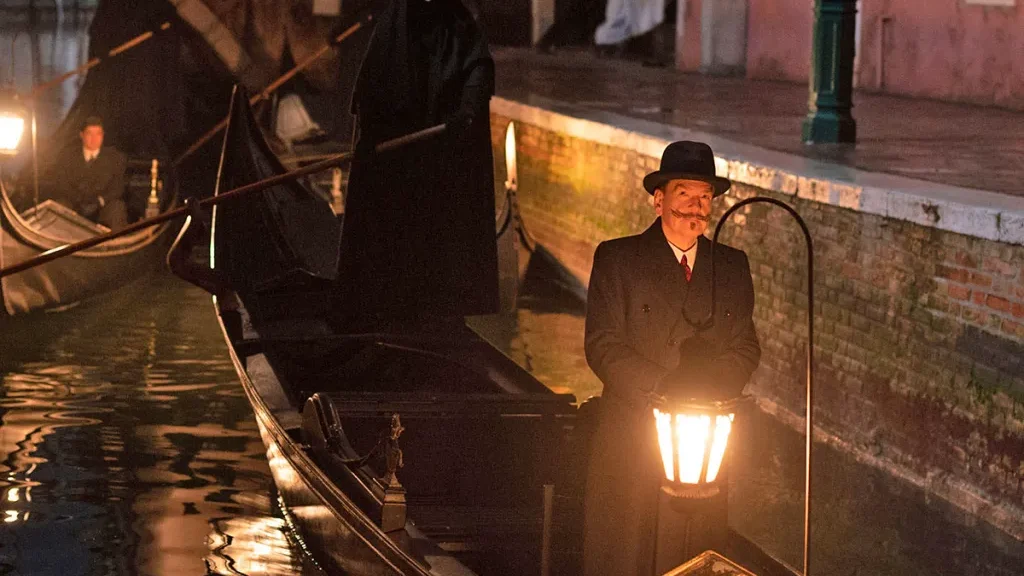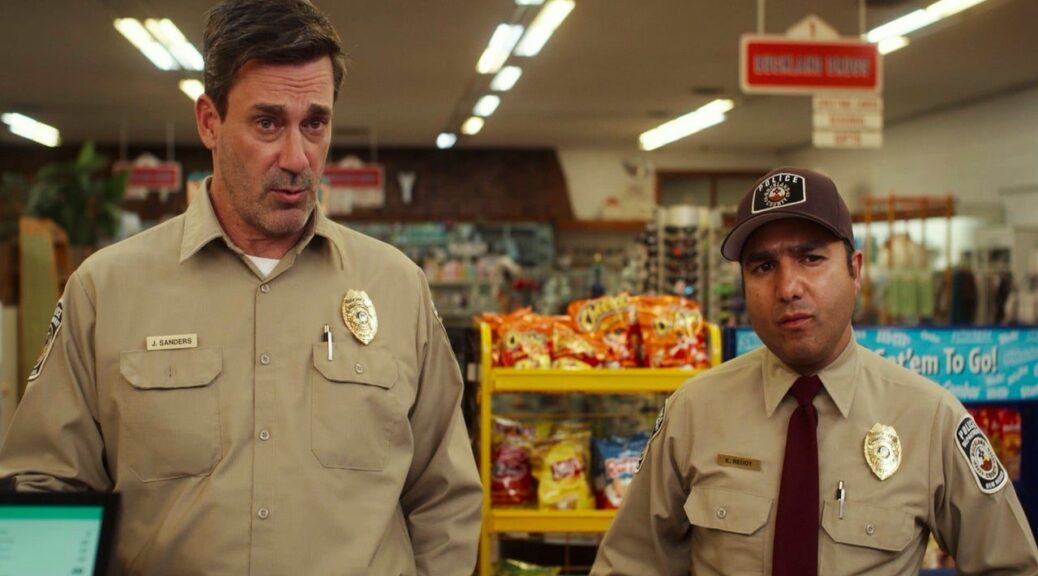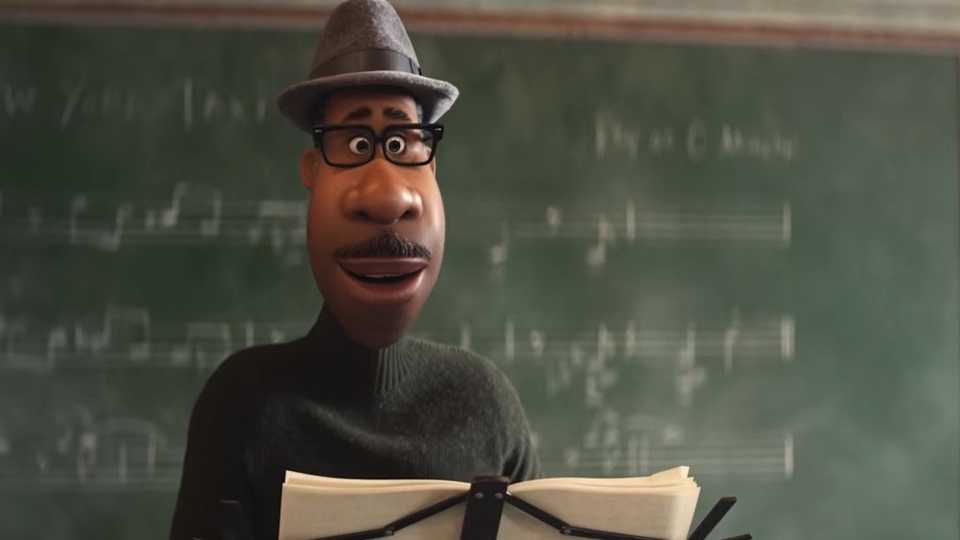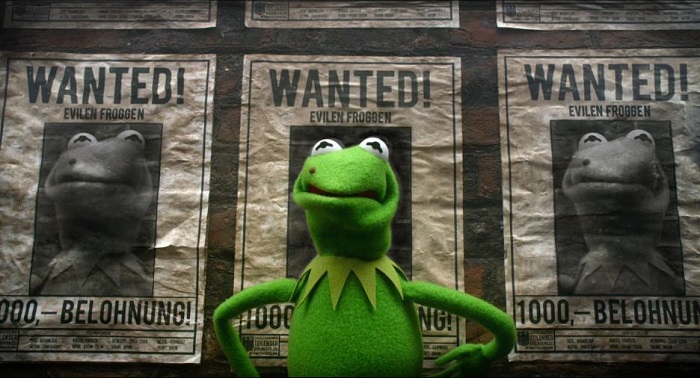Mean Girls
by George Wolf
Some of us find the idea of reliving high school during this social media age to be downright horrifying.
Mean Girls takes us there, throwing in enough songs, sass and relatable humor to make the trip entertaining. Still horrifying, but entertaining.
And speaking of social media, word is I need to stress again that there are songs – this is an adaptation of the Mean Girls musical, and not a remake of the 2004 film.
Those songs, from Jeff Richmond and Mark Benjamin, are woven pretty seamlessly into the larger-than-life drama of high school by co-directors Samantha Jaye and Arturo Perez, Jr. Tina Fey adds some new sensibilities to her updated script, but keeps the core tale of “queen bees and wannabes” instantly familiar.
Cady (Angourie Rice from The Nice Guys and Beguiled) goes from home schooling in Kenya to being the new girl at North Shore High in Illinois. Shown some lunchtime pity by Janis (Moana‘s Auli’i Cravalho) and Damian (Jaquel Spivey in an impressive debut), Cady agrees to infiltrate the “plastics” clique of the evil Regina George (Reneé Rapp) and her sycophants Gretchen (Bebe Wood) and Karen (Avantika).
But, of course, Cady falls for Regina’s ex Aaron Samuels (Christopher Briney), and finds herself caught in the lure of burn books, backstabbing and cutthroat social climbing.
It’s all a fertile playground for sudden bursts of song and dance, though the musical set pieces often betray the directors’ extensive TV background and come off feeling a bit constricted. Not every song here is a “banger,” but the vocal talents of the cast – especially Cravalho and Rapp – help tunes like “Meet the Plastics” and “I’d Rather Be Me” make an impression, while the clever wordplay in “Stupid With Love” and “Sexy” stir up infectious fun.
And just wait ’til you hear what song Damian has chosen for the talent show.
This young cast is loaded with talent, Fey and Tim Meadows make reliably solid reprisals, and Busy Phillips brings some mischievous self-awareness to her turn as Regina’s overly chummy mom. If there’s a weak spot here, it’s the under use of the always funny Jon Hamm, who gets a glorified drive-by as the requisite coach teaching sex education.
Does this musical adaptation re-imagine its original film with as much meaning as the new Color Purple? No, it does not. But this Mean Girls brings a new zest that keeps the fetching from feeling like fan service, and enough generational upkeep to forge common ground between longtime graduates and a new class of fans.











